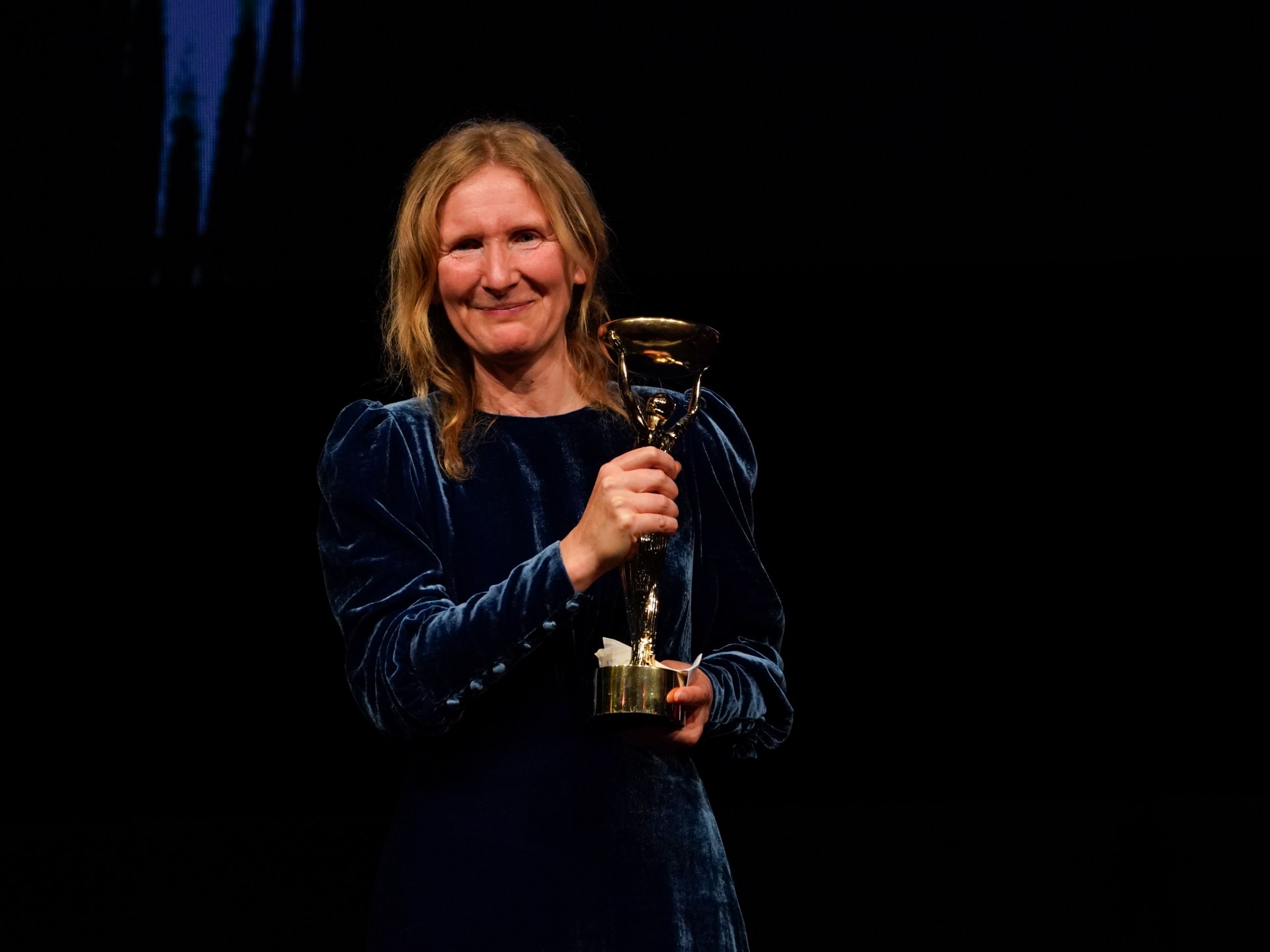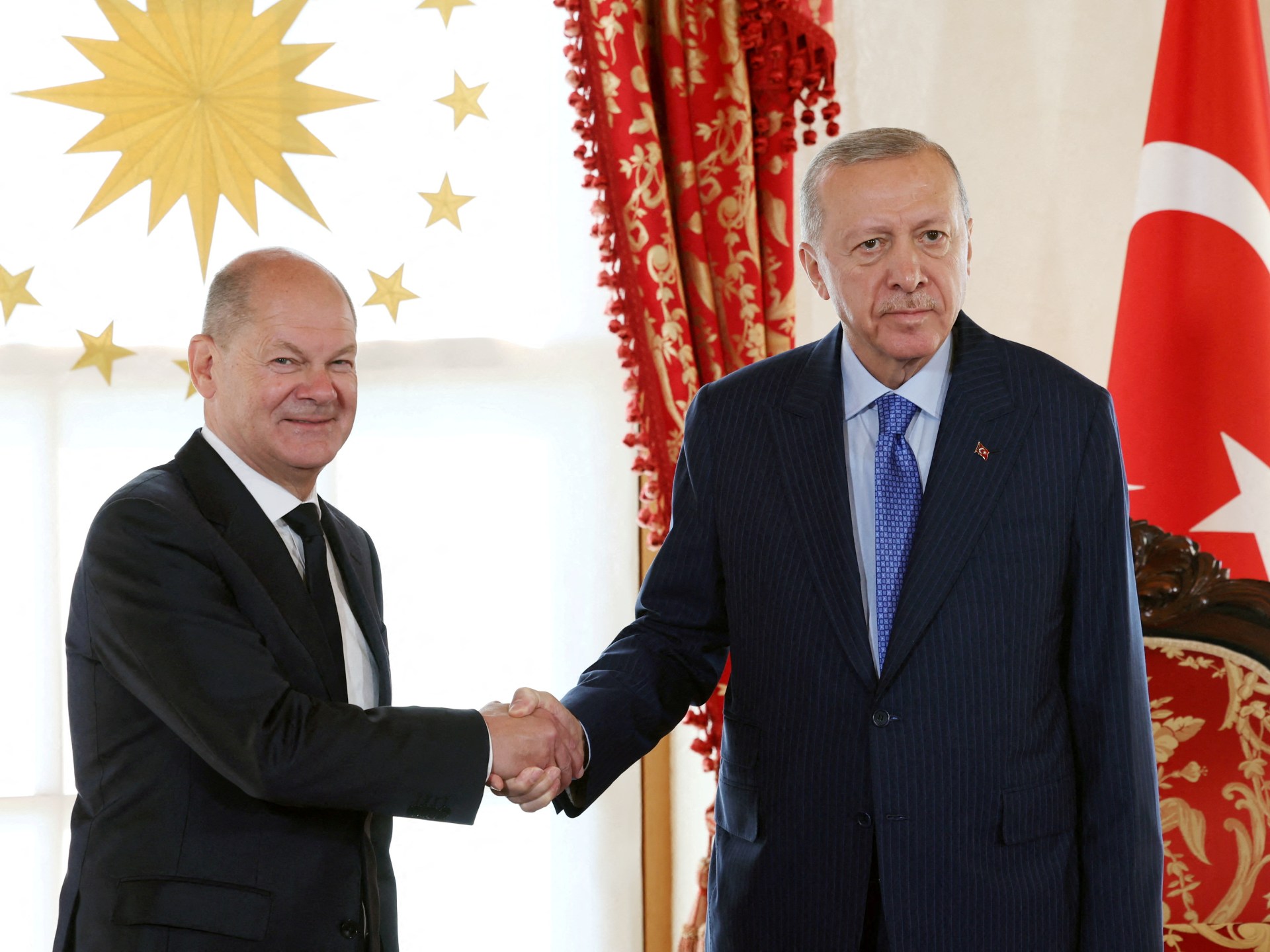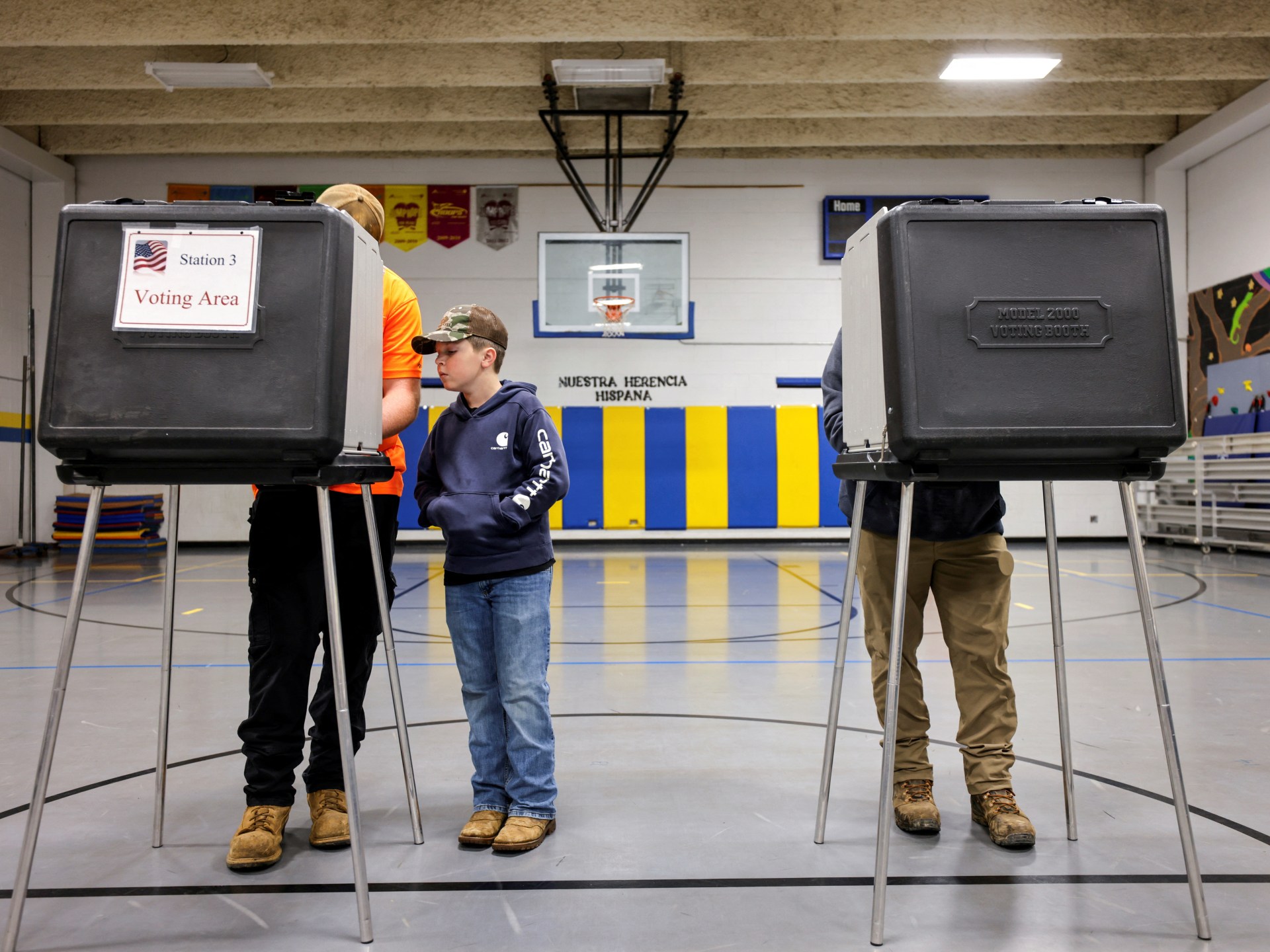British writer Samantha Harvey wins Booker Prize for space novel Orbital
 12 November 2024
12 November 2024


British writer Samantha Harvey has been awarded the 2024 Booker Prize for her “beautifully expansive” novel about a day in the life of six astronauts on board the International Space Station.
Orbital follows two men and four women as they reflect on humanity and the planet over the course of 16 sunrises and 16 sunsets.
Edmund de Waal, chair of the judging panel, said on Tuesday that the judges were unanimous in their choice of the tale about a “wounded world”.
“Everyone and no one is the subject, as six astronauts in the International Space Station circle the Earth observing the passages of weather across the fragility of borders and time zones,” de Waal said.
“With her language of lyricism and acuity Harvey makes our world strange and new for us. All year we have celebrated fiction that inhabits ideas rather than declaiming on issues, not finding answers but changing the question of what we wanted to explore. Our unanimity about Orbital recognises its beauty and ambition. It reflects Harvey’s extraordinary intensity of attention to the precious and precarious world we share.”
In her acceptance speech, Harvey dedicated the 50,000-pound ($64,000) prize to “everybody who does speak for and not against the Earth; for and not against the dignity of other humans, other life; and all the humans who speak for and call for and work for peace”.
At 136 pages, Orbital is the second-shortest book to win the prize and the first to be set in space.
Harvey beat out four other short-listed writers for the prize: Rachel Kushner for Creation Lake, Anne Michaels for Held, Yael van der Wouden for The Safekeep and Charlotte Wood for Stone Yard Devotional.
Harvey, who wrote much of the novel during the COVID-19 lockdowns, recently spoke of how the book had nearly not seen the light of day.
“I wrote a few thousand words, I think, and I lost my nerve, I guess,” Harvey said in an interview with the BBC radio programme Front Row earlier this month.
“I thought, ‘Well, I have never been to space. I could never go to space. There are humans who have been to space who write very lucidly about it. Who am I to do this?’”
Related News

Germany says UK taking lead on possible Eurofighters for Turkey

‘Entirely normal’: Why counting US votes takes time, is not a sign of fraud

Russia-Ukraine war: List of key events, day 982

